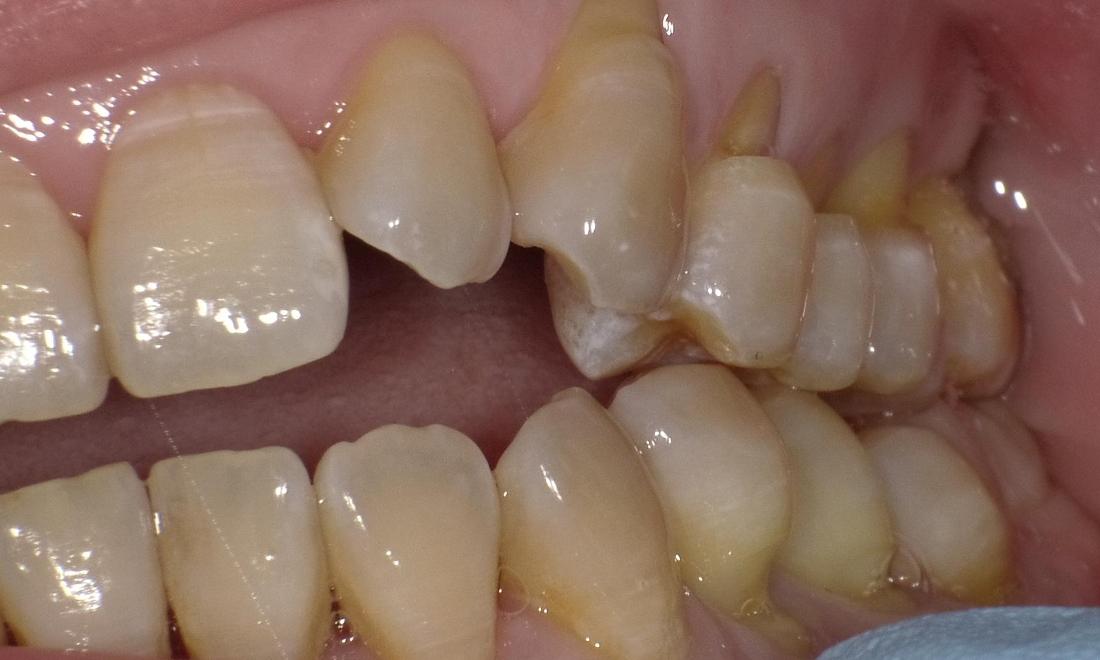Teeth Sensitive Before Period

The relationship between hormonal fluctuations and oral health is a complex one, with various symptoms manifesting in different individuals. One such phenomenon is the experience of sensitive teeth before a period, a condition that, while not universally experienced, affects a significant number of women. This sensitivity can range from mild annoyance to severe discomfort, impacting daily activities such as eating, drinking, and even speaking.
To understand why some women might experience sensitive teeth before their menstrual period, it’s essential to delve into the physiological changes that occur during the menstrual cycle. Hormonal fluctuations, particularly the decrease in estrogen levels right before menstruation, can affect the body in numerous ways. Estrogen plays a crucial role in maintaining the health and density of bones and teeth. A drop in estrogen levels can lead to increased sensitivity in the teeth due to the potential impact on the dentin, the layer of tissue beneath the enamel.
The Role of Hormonal Fluctuations
Hormonal changes are not the only factor at play when considering teeth sensitivity before a period. Other physiological changes, such as increased blood flow and potential shifts in oral bacteria, can also contribute to sensitivity. However, the hormonal aspect is a significant one because it can affect the nerves within the teeth, making them more responsive to stimuli such as temperature changes or pressure.
Mechanisms Behind Sensitivity
The mechanism behind teeth sensitivity involves the dentinal tubules, which are tiny channels that run through the dentin. When the enamel is eroded or the gums recede, these tubules can become exposed. The decrease in estrogen levels may affect the fluid flow within these tubules, potentially making the nerves more sensitive. Additionally, changes in the oral environment, such as an increase in acid production, can further exacerbate the sensitivity by eroding the enamel and exposing more dentin.
Practical Solutions and Considerations
While the experience of sensitive teeth before a period can be distressing, there are several practical steps that can be taken to mitigate the discomfort:
- Desensitizing Toothpaste: Using toothpaste specifically designed for sensitive teeth can help block the dentinal tubules and reduce sensitivity.
- Good Oral Hygiene: Maintaining good oral hygiene, including regular brushing and flossing, can help prevent plaque buildup and reduce the risk of sensitivity.
- Dietary Changes: Avoiding or reducing consumption of acidic foods and drinks can help prevent further erosion of the enamel.
- Fluoride Use: Applying fluoride varnish or using fluoride mouthwash can help strengthen the enamel and reduce sensitivity.
- Professional Advice: Consulting a dentist for personalized advice and treatment can provide relief and help prevent future episodes of sensitivity.
Case Study: Managing Hormonal Sensitivity
A case study involving a 32-year-old woman who experienced severe teeth sensitivity before her period highlighted the importance of a multidisciplinary approach. The woman’s dentist recommended a desensitizing toothpaste and advised her to avoid acidic foods. Additionally, she was encouraged to practice good oral hygiene and consider fluoride treatments. Over a few months, the woman noticed a significant reduction in her sensitivity, attributing the improvement to the combination of dental care and dietary adjustments.
Future Trends in Managing Menstrual-Related Sensitivity
As research continues into the relationship between hormonal fluctuations and oral health, there may be future trends or treatments that specifically target menstrual-related teeth sensitivity. This could include the development of new desensitizing products designed with the hormonal changes of the menstrual cycle in mind, or even nutritional advice tailored to support oral health during different phases of the cycle.
Conclusion
The experience of sensitive teeth before a period is a complex issue influenced by hormonal changes, among other factors. Understanding the physiological basis of this sensitivity can empower individuals to take proactive steps towards managing their discomfort. By adopting good oral hygiene practices, considering dietary adjustments, and potentially exploring desensitizing treatments, women can reduce the impact of teeth sensitivity on their daily lives. As research evolves, so too will our understanding of how best to support oral health in the context of the menstrual cycle, offering hope for more effective and personalized solutions in the future.
Why do some women experience sensitive teeth before their period?
+The experience of sensitive teeth before a period can be attributed to the decrease in estrogen levels, which may affect the dentin and make the nerves more sensitive. Other factors such as increased blood flow and changes in oral bacteria can also play a role.
How can I reduce teeth sensitivity before my period?
+Using desensitizing toothpaste, maintaining good oral hygiene, avoiding acidic foods and drinks, and considering fluoride treatments can help reduce sensitivity. Consulting a dentist for personalized advice can also provide relief and prevent future episodes of sensitivity.
Is teeth sensitivity before a period a common condition?
+While not all women experience teeth sensitivity before their period, it is a condition that affects a significant number of individuals. The prevalence can vary, and the experience of sensitivity can range from mild to severe.

